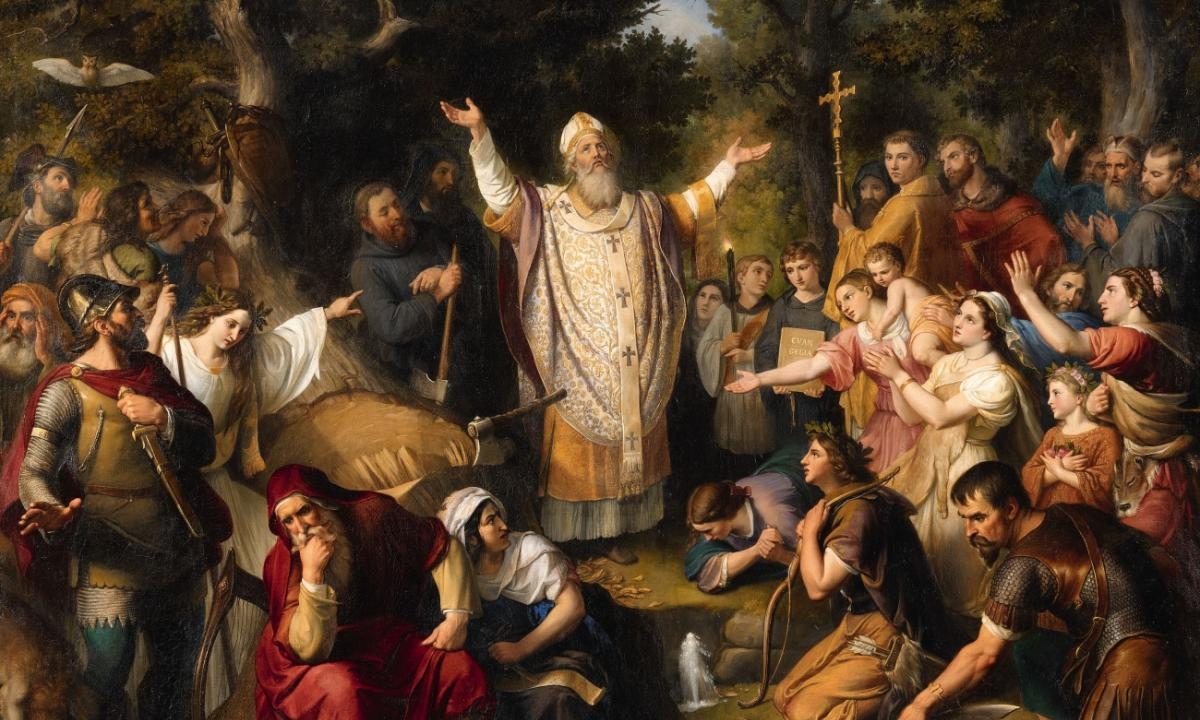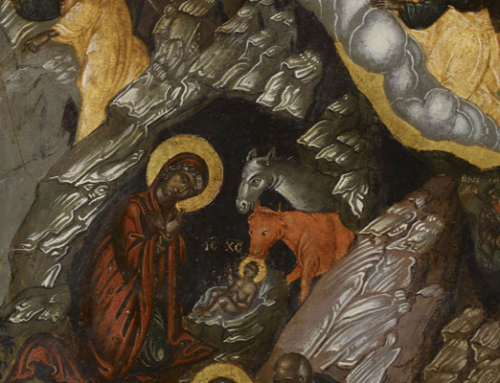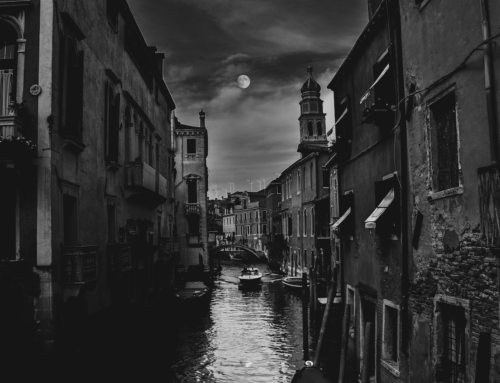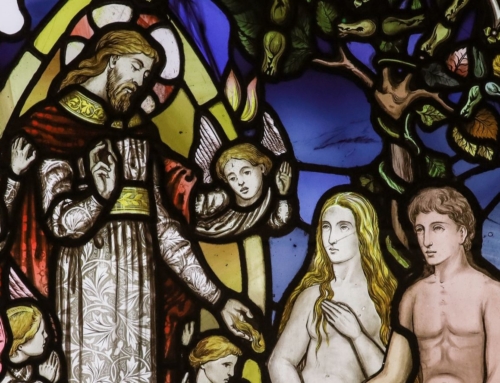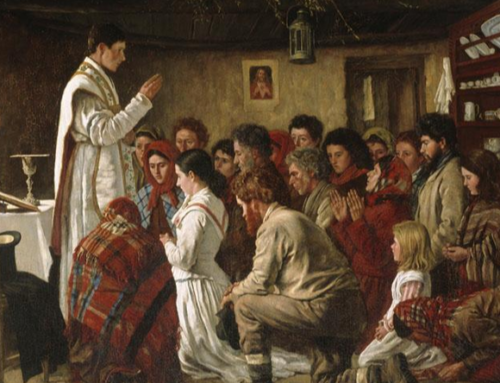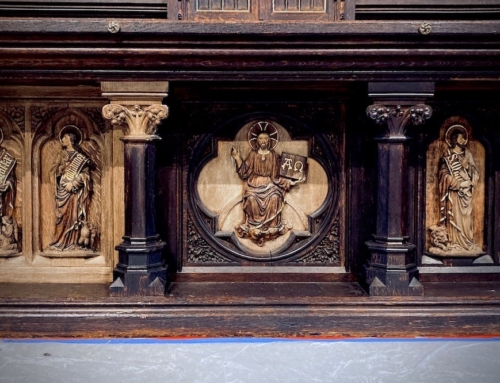The earth is not God. She is not a “part” of God. She is a creature, and she has been entrusted to man as a gift. God placed Adam in the garden “to till it and keep it” (Gen 2:15). But Adam fell. Since then, man has been prone to mistake the creation for the Creator.
The author of the Book of Wisdom knew this well. He knew the beauty of creation, and how God “arranged all things by measure and number and weight” (11:20). The stars and moon. The earth’s tremendous vistas and towering mountains. These created things capture the hearts and minds of men. “If through delight in the beauty of these things men assumed them to be gods, let them know how much better than these is their Lord, for the author of beauty created them” (Wis 13:3).
Saint Paul knew this well. He knew that God’s existence could be known through creation. “Ever since the creation of the world his invisible nature, namely, his eternal power and deity, has been clearly perceived in the things that have been made” (Rom 1:20). Some, however, erred and did not perceive their Creator in created things. They “exchanged the truth about God for a lie and worshiped and served the creature rather than the Creator” (Rom 1:25).
Saint Boniface knew this well. When he found his way to a Germanic people to preach the Good News to them, he encountered their false worship of nature. Ax in hand, he cut down Thor’s Oak and with its wood built a church in honor of Saint Peter.
Saint Francis of Assisi knew this well. In his famous “Canticle of the Sun,” he speaks of praising God through different aspects of creation. In one stanza, he praises God through sora nostra matre Terra—our sister mother Earth. We worship the one true God through creation. We do not worship creation.
The author of Wisdom and the Apostle to the Gentiles knew that when we worship nature, we demean ourselves. A man might worship an oak. He might then pray to a painted scrap of oak. And when “he prays [to it] about possessions and his marriage and children, he is not ashamed to address a lifeless thing” (Wis 13:17). A man, in worshiping the creature, adopts a lie. The truths of nature are no longer evident, because the truth of God is no longer perceived. Paul witnessed the result of such false worship: “women exchanged natural relations for unnatural, and the men likewise gave up natural relations with women and were consumed with passion for one another” (Rom 1:26-27).
The Apostle to the Germans and God’s pauper tell us more. Not only is the earth not to be worshiped, but it should be directed to right worship. Boniface did not burn the tree or carelessly destroy it. He built a church. Francis did not pass by wind, fire, water, and earth absentmindedly trying to transcend the created world in prayer. He incorporated them into his prayer and directed them to praise God. Both saints knew the prayer of Daniel: “Bless the Lord, all you works of the Lord. Praise and exalt him above all forever. . . . Let the earth bless the Lord. Praise and exalt him above all forever” (Dan 3:35, 52).
If Francis calls the earth our mother, it is not in the same way that we call God our Father. If we depend on her as a mother, it is because from her fields and forests we are fed and with her timbers we are sheltered. If Francis calls her our sister, it is not in the same way that we call Clare our sister. If we relate to the earth as one relates to his sister, it is because she shares creatureliness with us and we both come from the Father.
The earth is our common home. It is a gift from God. We have been called and are still called to care for this home, make it flourish, and establish it as a place of prayer.
Today, there will be many true things said about care for the earth, but there will no doubt be errors as well. Let us not forget that the earth is a gift, not a god, and that we are called to care for the gift and direct its flourishing back to the Giver, for the “The Lord’s is the earth and its fullness, the world and all its peoples” (Ps 24:1).
✠
Image: Johann Michael Wittmer, Saint Boniface Felling Donar’s Oak

